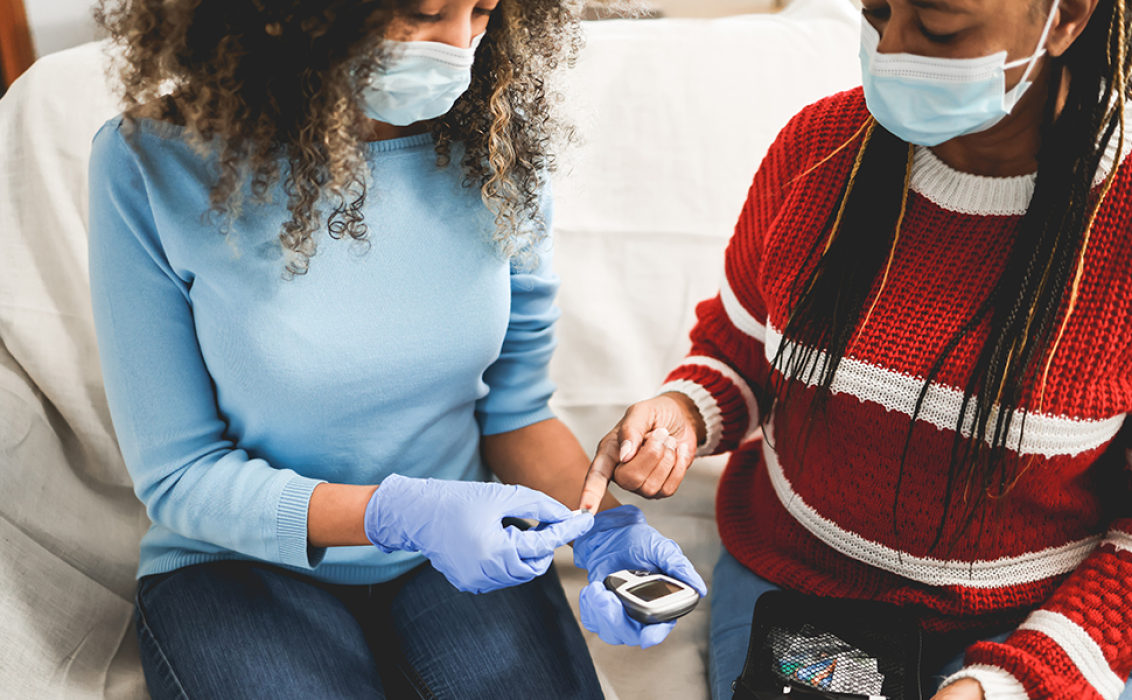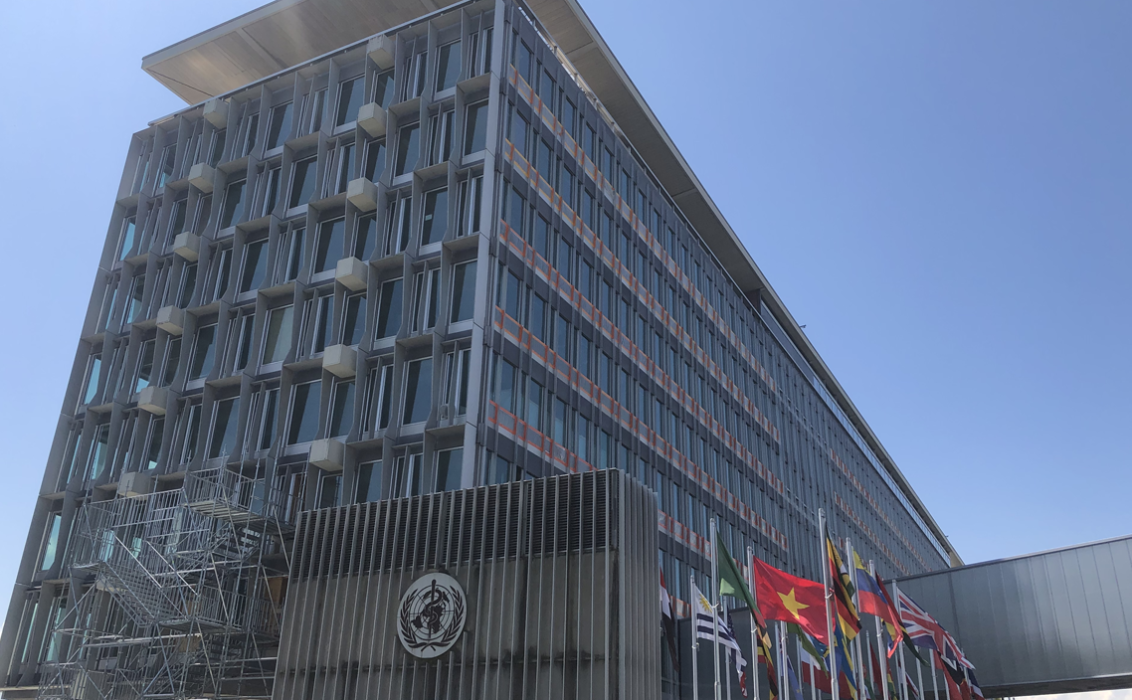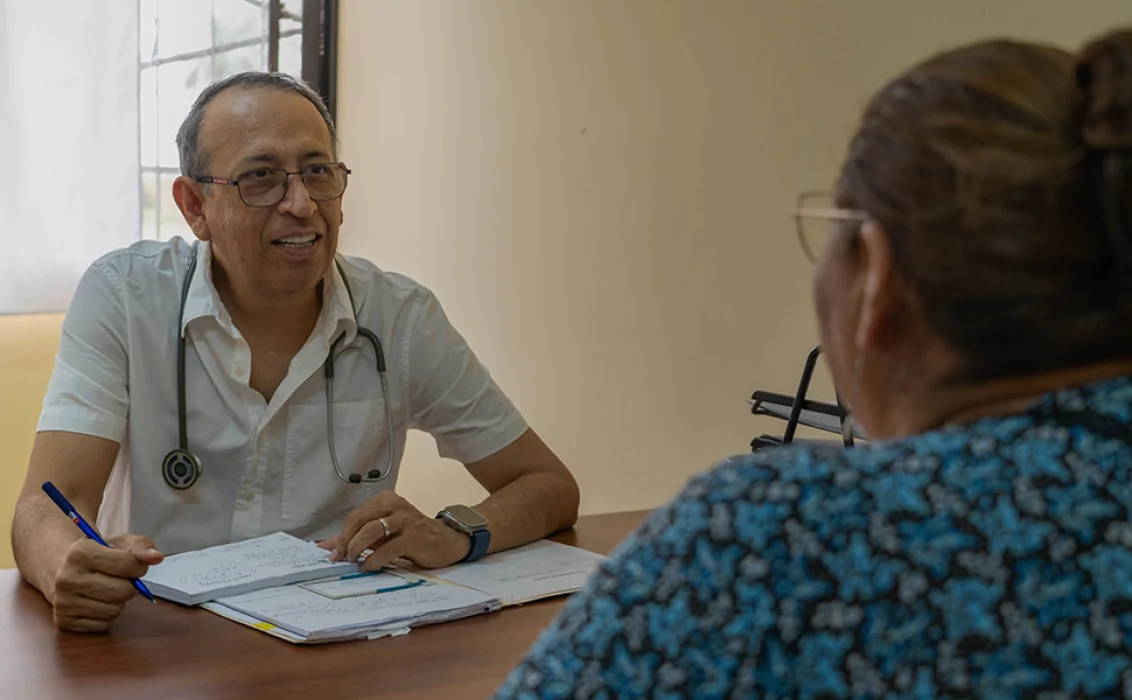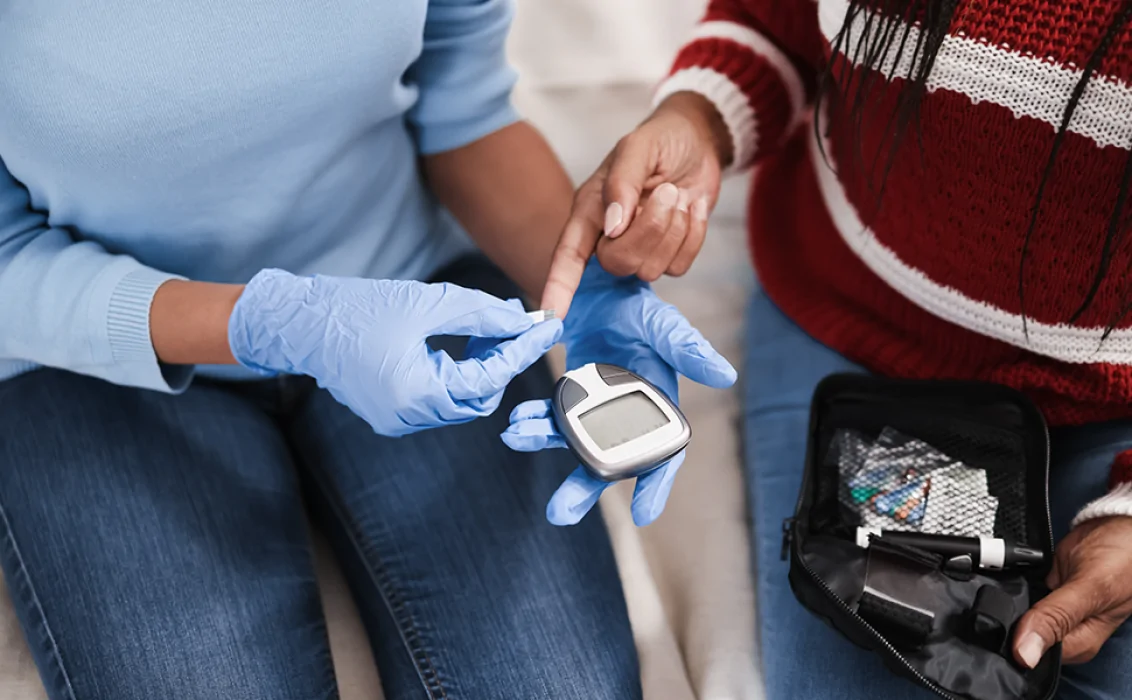The International Diabetes Federation and the NCD Alliance (NCDA) thank the Russian Federation and co-sponsors of the World Health Assembly Resolution on Diabetes Prevention and Management, including access to insulin, now adopted as the Resolution on Reducing the burden of noncommunicable diseases through strengthening prevention and control of diabetes.
The adoption of this Resolution comes just six weeks after the launch of the WHO Global Diabetes Compact, which aims to respond to the diabetes epidemic by reducing the risk of diabetes and ensuring that all people who are diagnosed with diabetes have access to equitable, comprehensive, affordable and quality treatment and care. Now, with the Resolution, governments have called for urgent coordinated global action on diabetes. It recognises that in the context of the COVID-19 pandemic, people living with diabetes and other noncommunicable diseases are at increased risk of severe disease and death due to disruptions in essential healthcare, as well as from the virus itself.
Over 460 million people live with diabetes, a number which has tripled in the past 20 years and – without decisive action – will continue to rise. Diabetes is now among the top 10 causes of global deaths and a leading cause of stroke, cardiovascular and kidney diseases, blindness, oral diseases and lower-limb amputation. This places a heavy burden on individuals, families and economies, particularly in low- and middle-income countries, where 79% of people with diabetes live.
2021 marks the centenary of the discovery of insulin. Yet, tens of thousands of people with type 1 diabetes who need insulin to survive and more than 30 million with type 2 diabetes who require insulin do not have access to a reliable and affordable supply.
We welcome that governments have tasked WHO with developing clear recommendations and considering new targets for diabetes. Targets must turn the tide on current diabetes trends by addressing the gaps in diagnosis, access to lifesaving treatment (specifically including insulin and associated supplies and technologies), and for prevention of type 2 diabetes and obesity via action on ultra-processed food and drink as major risk factors.
It is particularly welcome that governments have recognised the relationship between diabetes and health inequalities, which have been exposed and exacerbated by the COVID-19 pandemic, and that governments have called for action “to promote and implement policy, legislative and regulatory measures, including fiscal measures as appropriate, aiming at minimizing the impact of the main risk factors for diabetes, and to promote healthy diets”. WHO is also tasked with developing recommendations for sustained financing of diabetes prevention and control, including in resource-constrained settings, and to address the needs of disadvantaged and marginalized populations.



